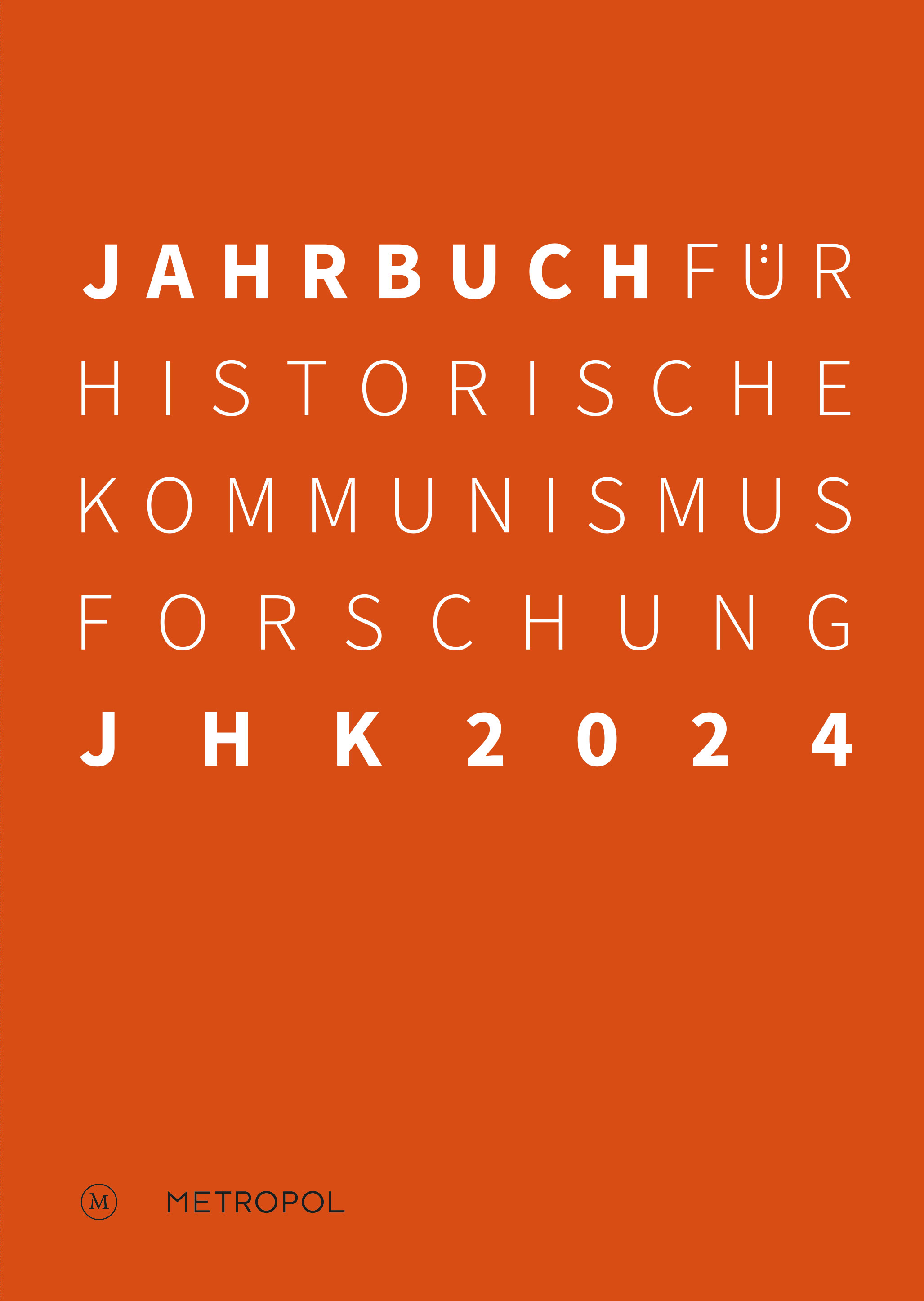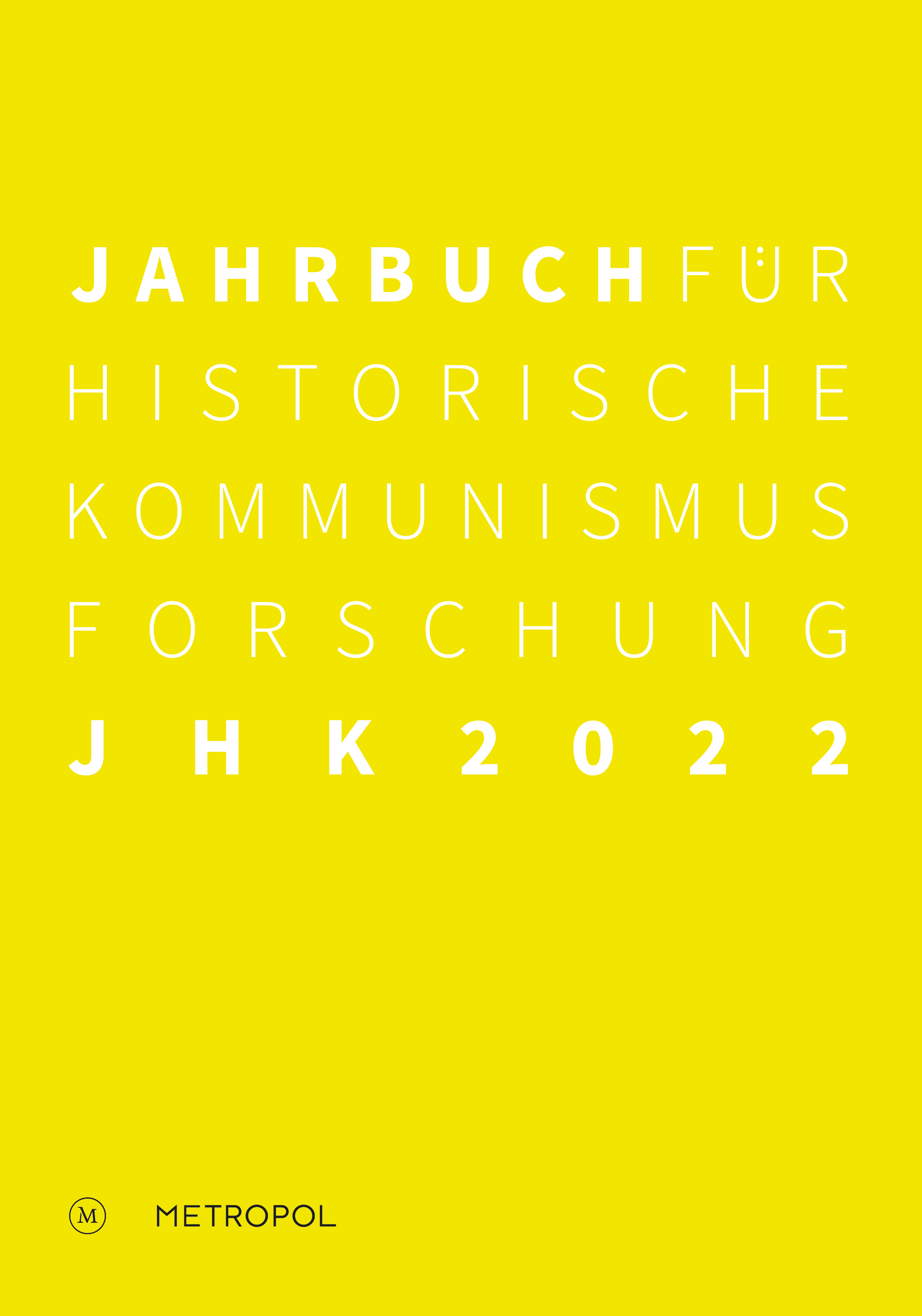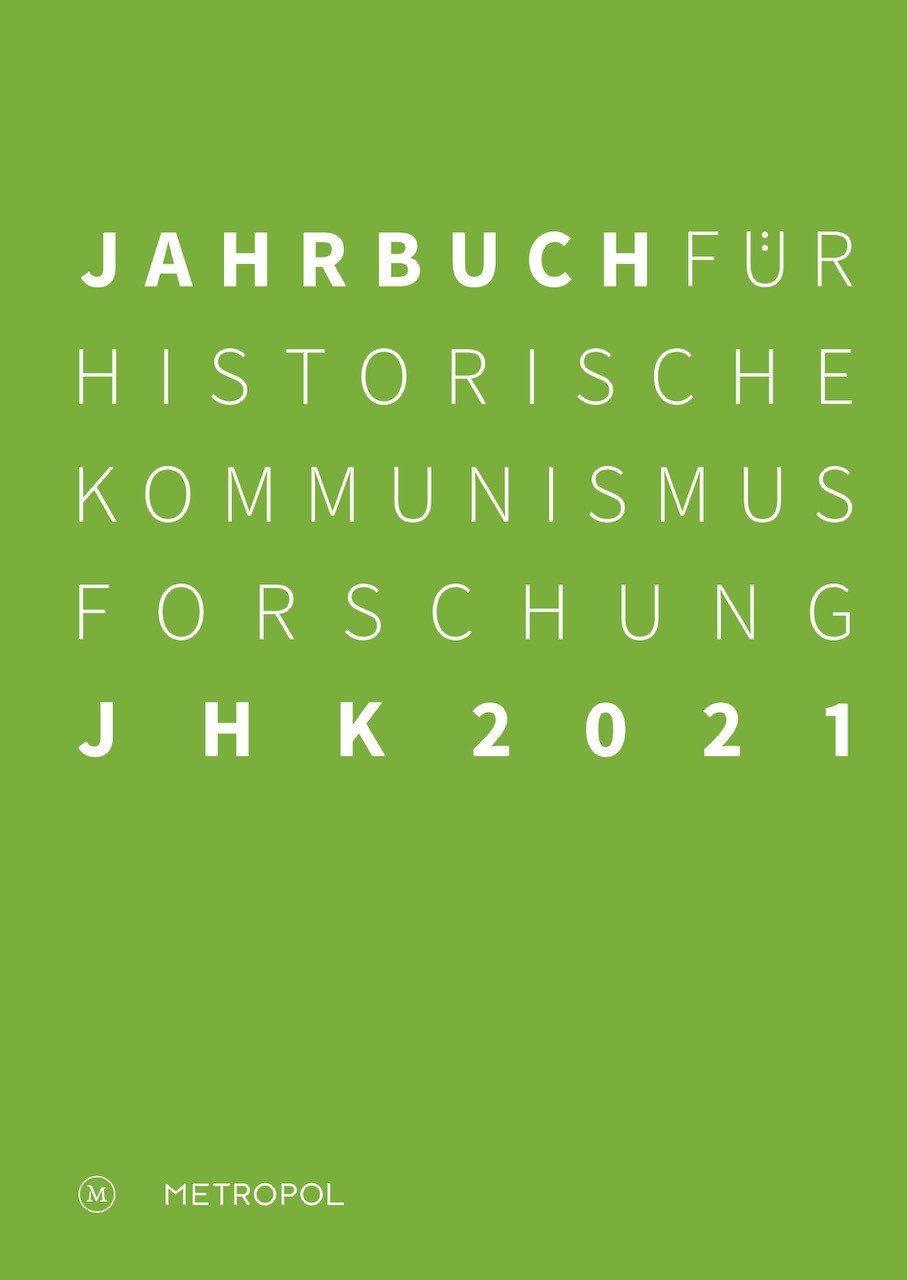Daniel Böhme: Die Spielzeugproduktion in den Kalischer Kunststoffbetrieben im Polen der Nachkriegszeit zwischen Plan- und Marktwirtschaft, in: Jahrbuch für Historische Kommunismusforschung 2021. Berlin: Metropol Verlag, pp. 123-134.
Abstract
This essay examines the two main players of toy manufacturing in socialist Poland after the Second World War: the cooperatives and the state-owned local industry. Using the Kalisz Plastics Works as an example, the essay shows how the production of toys was often driven by strategic considerations, such as the search for export markets in Western countries although the state-owned company had been fully embedded in the structures of the planned economy. The influence of politics on toy production is also discussed. Social considerations, such as providing children with attractive toys or efforts to create local job options, often played a subordinate role compared to the possibility of earning Western currencies. The harmful competitiveness of the toy manufacturers among themselves and political ever-present political interference prevented innovations and caused toy manufacturing in Kalisz to fail in the 1960s. The essay supports the thesis that the toy industry was marginalized in the Polish planned economy.
Über den Autor
Daniel Böhme, Dipl.-Kommunikationspsychologe (FH), geb. 1977 in Dresden. Studium der Kommunikationspsychologie in Görlitz; seit 2006 Referent für Eignungsdiagnostik, Personal- und Führungskräfteentwicklung bei BASF in Ludwigshafen und Schwarzheide; seit 2014 berufsbegleitende Promotion an der kulturwissenschaftlichen Fakultät der Europa-Universität Viadrina in Frankfurt (Oder). Forschungsinteressen: Spiel und Spielzeug, Design- und Konsumgeschichte Mittel- und Osteuropas. Veröffentlichung: »Niespełnione marzenia Polskich Kolei Państwowych« [Die unerfüllten Hoffnungen der polnischen Staatsbahnen], in: Michał Kapias/Dawid Keller (Hg.): Państwo wobec kolei żelaznych w Polsce, Muzeum w Rybniku [Der Staat und die Eisenbahn in Polen, Museum Rybnik], Rybnik 2017, S. 351–364.



